BADUNG, BNEWSID – Bali Governor Wayan Koster led the “Gotong Royong Semesta Berencana” movement, marked by a tree-planting ceremony along the banks of Tukad Ayung in Bongkasa Pertiwi Village, Abiansemal District, Badung Regency, on Sunday morning, October 26, 2025.
The island-wide initiative aims to strengthen ecological resilience and preserve Bali’s natural resources through collective environmental action. The program aligns with the vision Nangun Sat Kerthi Loka Bali and the 100-Year Bali Development Roadmap (2025–2125), designed to sustain harmony between people, nature, and culture.
The simultaneous gotong royong activities took place across all regions of Bali, involving regents and mayors, TNI-Polri personnel, village and traditional leaders, government employees, students, local communities, and environmental groups.
Beyond tree planting across 591.39 hectares, participants also took part in a large-scale river clean-up spanning 492.2 kilometers. The event mobilized more than 36,500 participants, including 29,289 individuals who planted a total of 35,750 trees. These included fruit trees (19,200 seedlings), timber and greening trees (3,980), ceremonial and floral plants (1,260), coconut trees (2,850), and conservation or special species (8,460).
Governor Koster emphasized that the trees planted were not merely for reforestation but also for community well-being, serving ritual, nutritional, health, and ecological purposes. Among the varieties planted were frangipani (jepun), champaca (cempaka), durian, avocado, mango, breadfruit (sukun), banyan (beringin), mahogany, and tabebuya.
“The river clean-up was specifically aimed at clearing blockages and waste that disrupt water flow and at preventing flooding during the upcoming rainy season, expected between November and February,” said Koster.
The initiative coincided with the celebration of Rahina Tumpek Wariga on Saturday, October 25, 2025—a sacred day dedicated to honoring and nurturing trees and plants in Balinese tradition. At the provincial level, the activities focused on three major river basins: Tukad Ayung, Tukad Badung, and Tukad Mati.
Tukad Ayung stretches 71.79 kilometers through four regions (Bangli, Gianyar, Badung, and Denpasar), seven subdistricts, and 25 villages. Tukad Badung runs for 19.60 kilometers across Badung and Denpasar, while Tukad Mati extends 22.41 kilometers through two regions and 13 villages.
“For other regions such as Jembrana, Buleleng, Karangasem, Klungkung, and Tabanan, similar activities are being carried out in their respective priority watersheds based on local disaster vulnerability,” Koster added.
He concluded by expressing gratitude to all participants for their dedication and unity. “This collective effort reflects the true spirit of Nyamabraya—our shared commitment to keep Bali’s nature sustainable, harmonious, and in balance,” the governor said. (*)

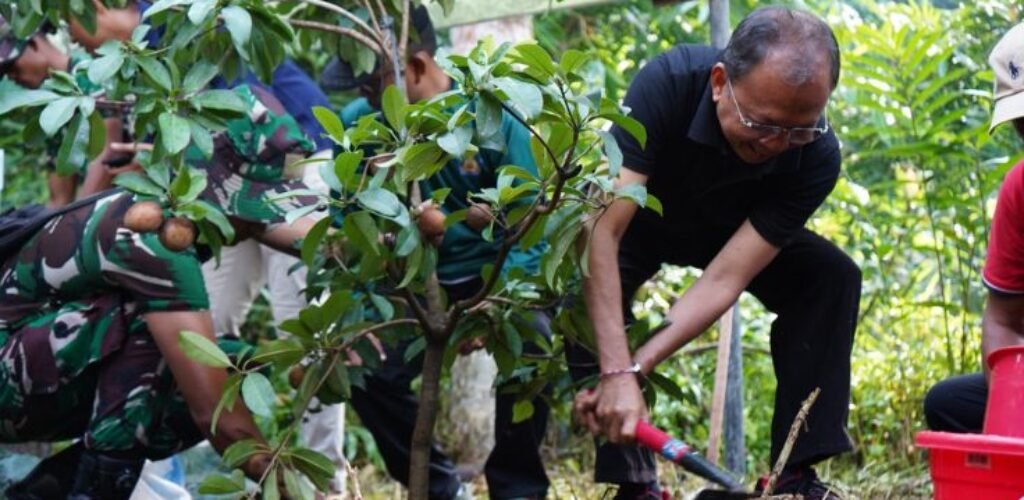




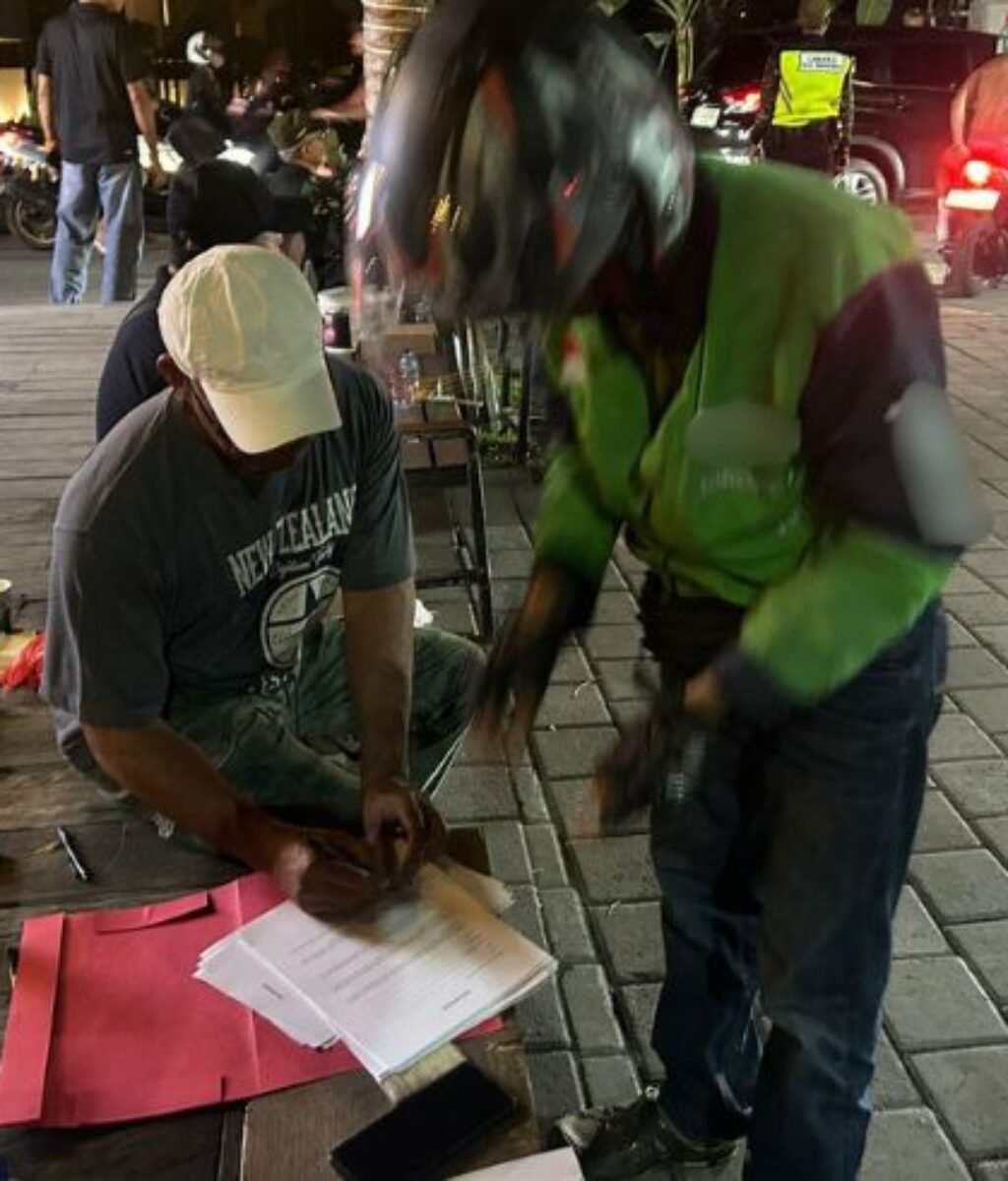
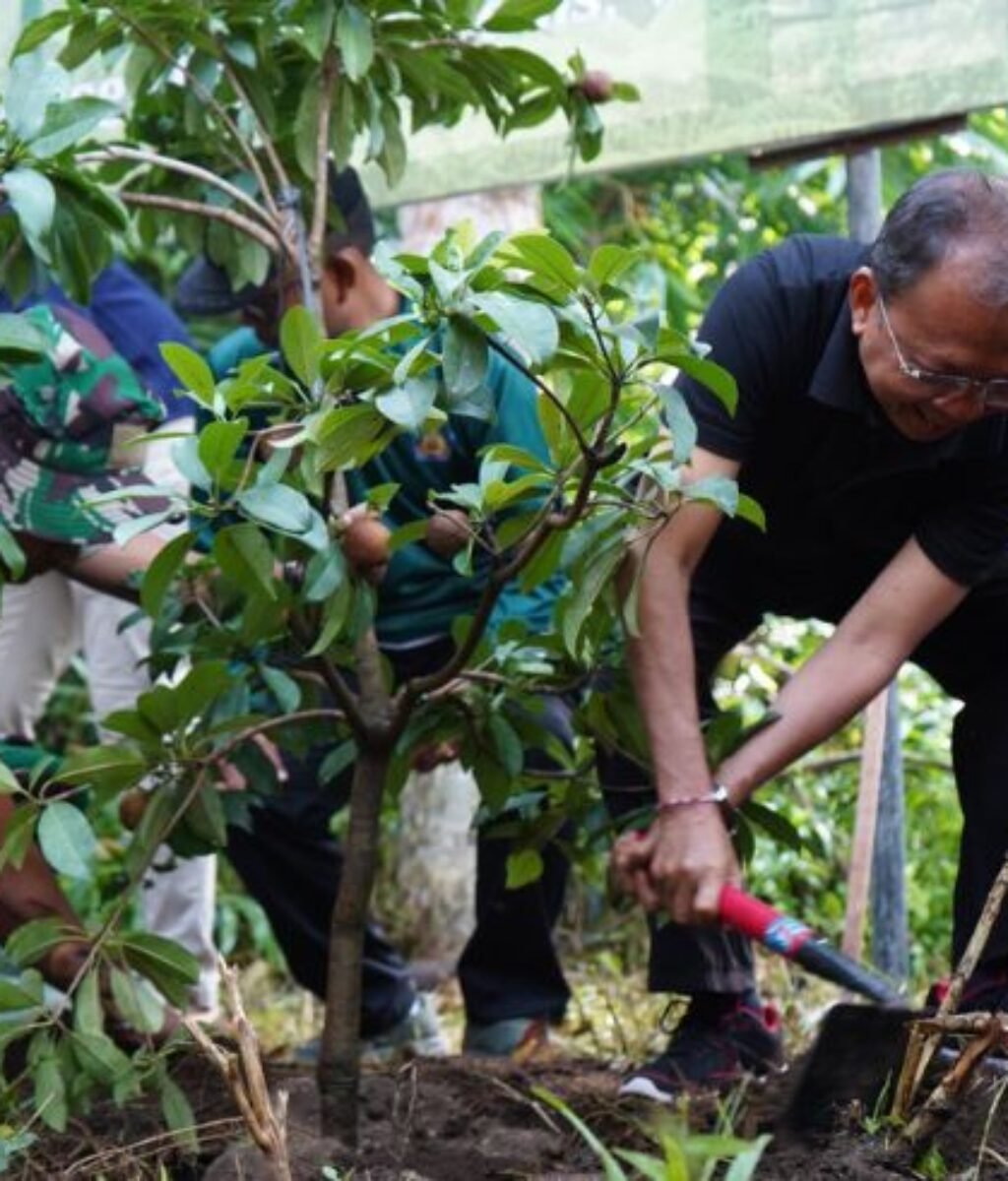
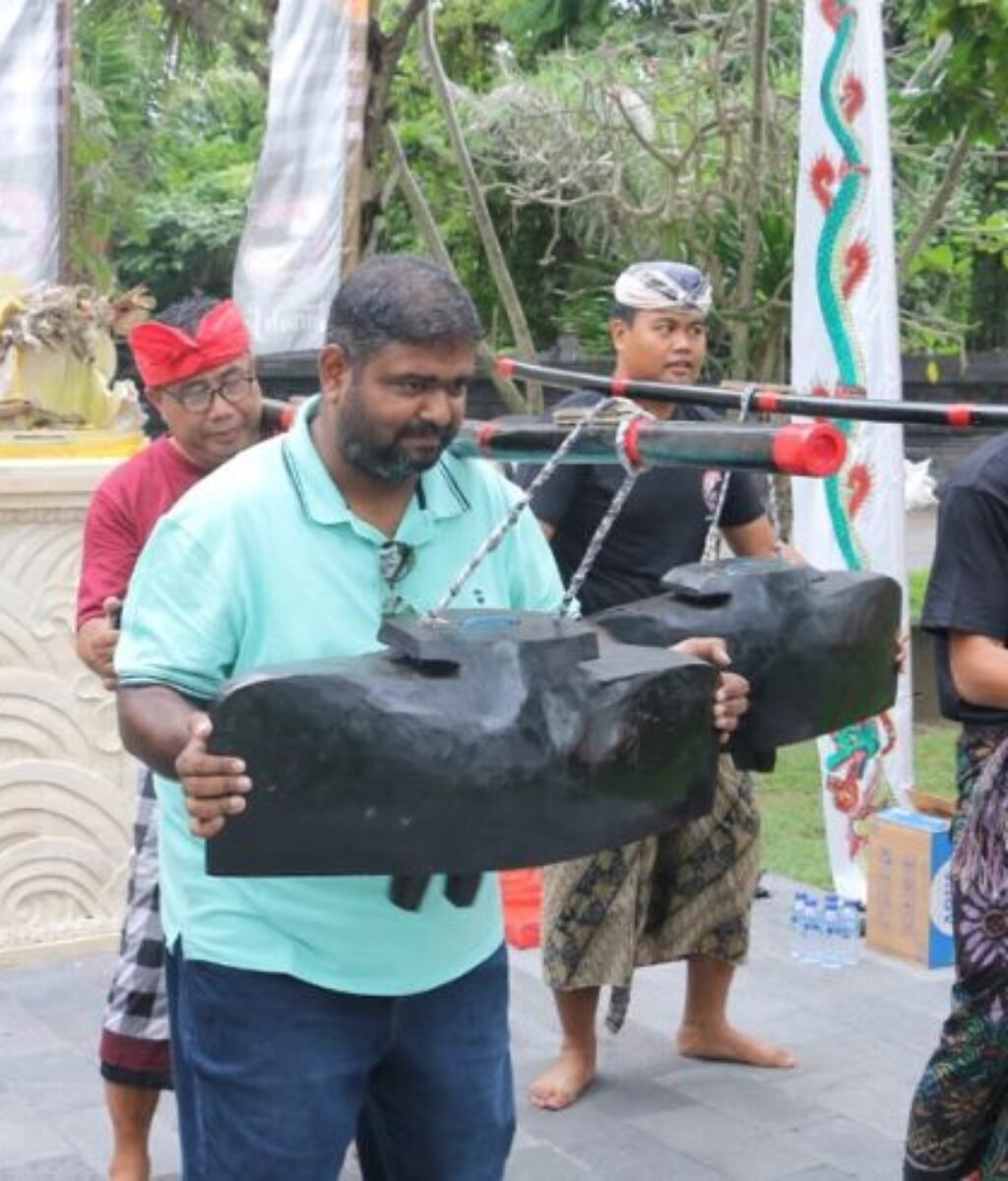
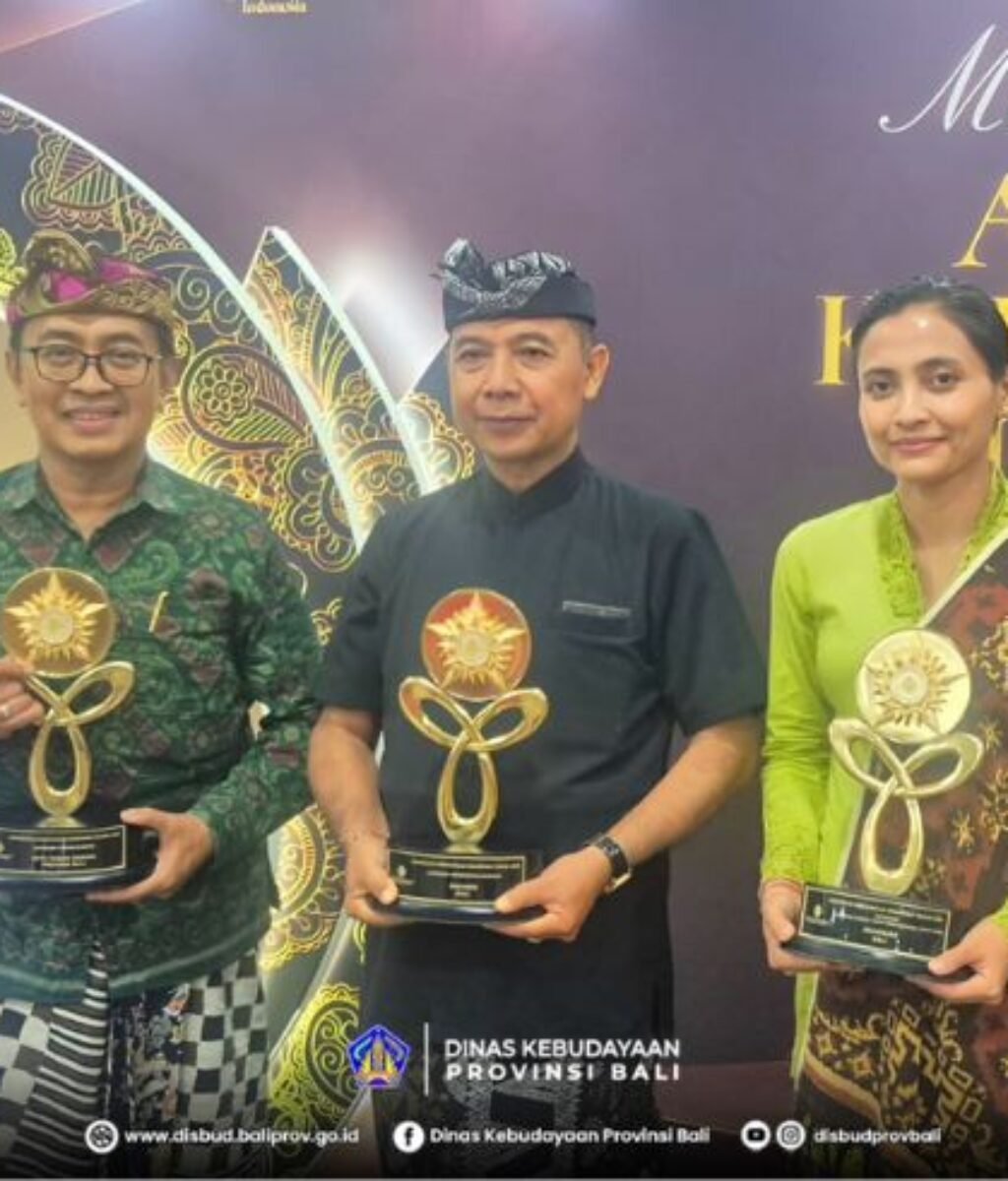
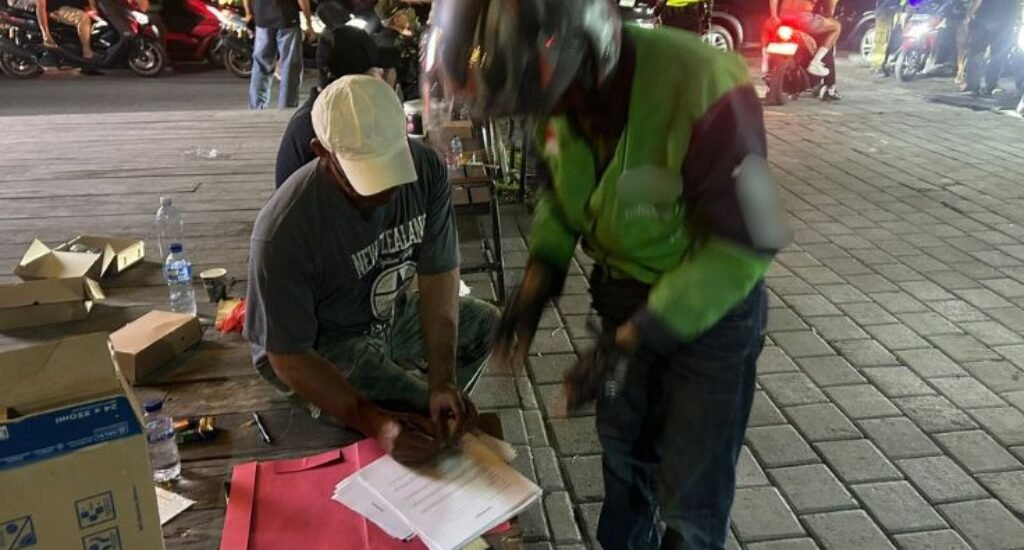
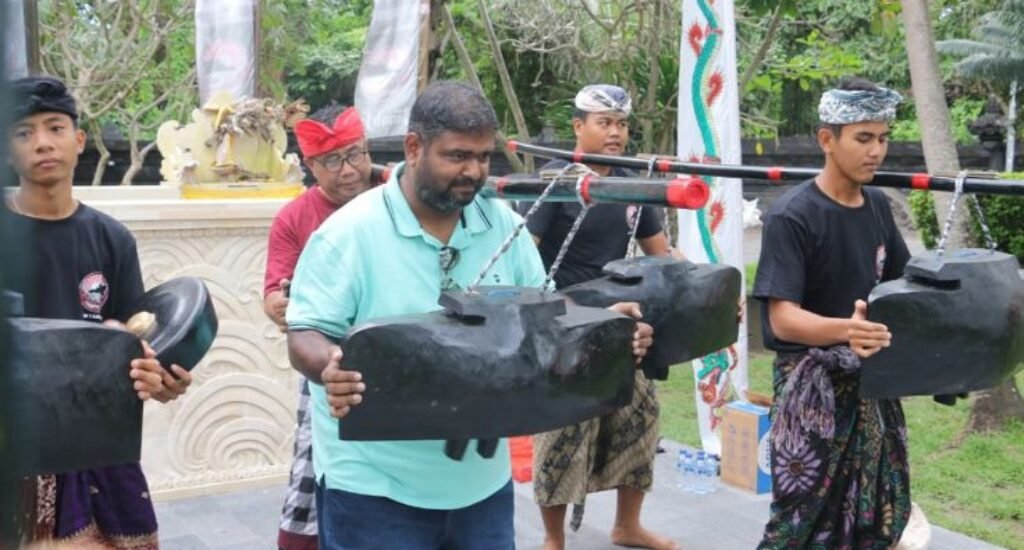
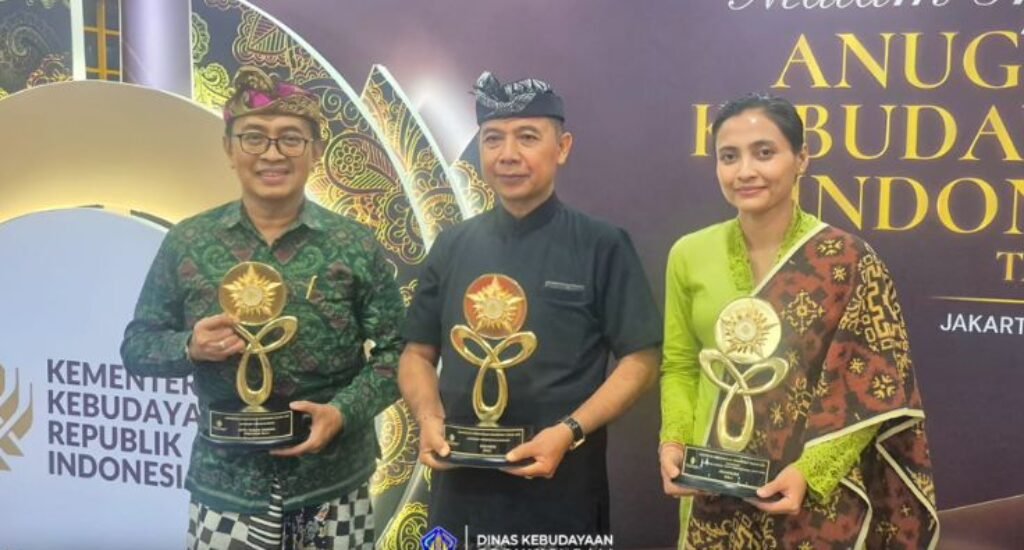
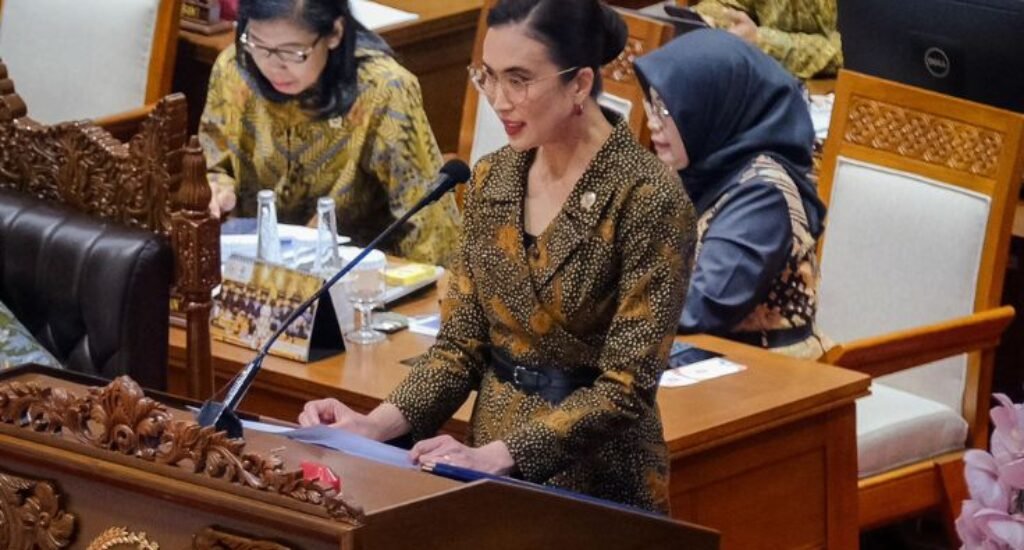
Discussion (0)
No comments yet.